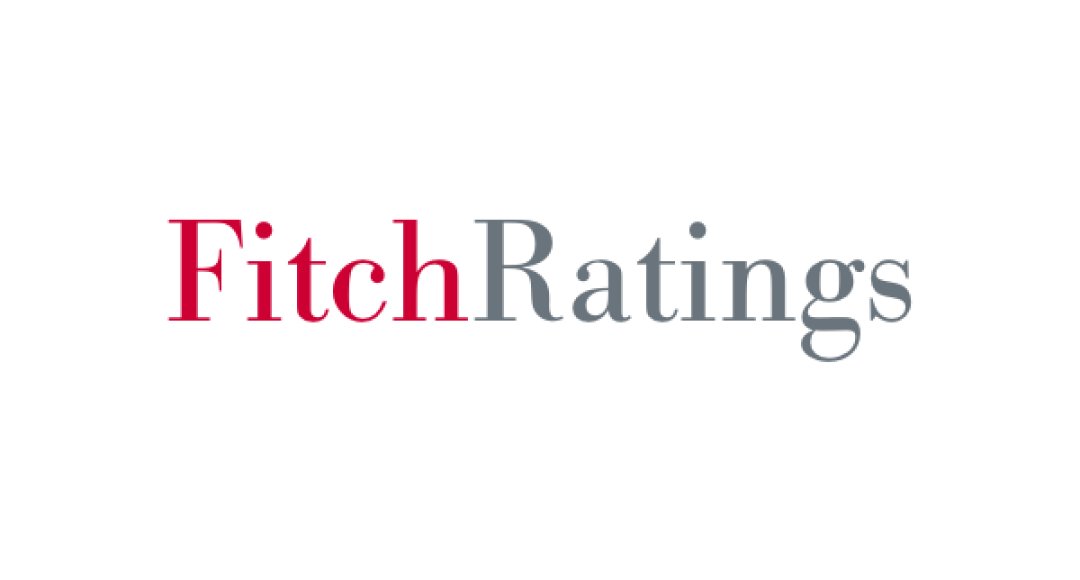
Fitch on Azerbaijan’s credit rating

On 23 November, the global credit rating agency Fitch affirmed Azerbaijan's Long-Term Foreign-Currency Issuer Default Rating (IDR) at 'BB+' with a Negative Outlook, reported APA.
The report emphasised that Azerbaijan's 'BB+' IDR balance was characterised with very strong sovereign and external balance sheets and fiscal financing flexibility from large sovereign wealth fund (SOFAZ) assets against a high dependence on oil revenues, weak governance indicators and lack of predictability and transparency of policy making, especially in relation to the exchange rate regime.
The Negative Outlook was reflected in the risks from the Covid-19 shock, including near-term uncertainty about the recovery of global oil prices and the potential impact of the second wave of Covid-19 on Azerbaijan's external buffers and lingering risks of a disorderly macroeconomic adjustment. While the recent resolution of the conflict with Armenia in Nagorno-Karabakh and the surrounding regions was positive, in Fitch's view there remains the risk of flare-ups in tensions and uncertainty around the impact of Azerbaijan's regional spending plans on its public finances.
Fitch forecasted Azerbaijan’s real GDP growth to contract by 4.3% in 2020 due to public health restrictions, the slump in oil prices and OPEC+ production cuts, before recovering to 2.7% and 2.0% in 2021-2022. The oil production cuts are currently planned to be tapered from January 2021. It was also noted that anti-crisis support measures to households and businesses were relatively small at 3.1% of GDP in 2020.
On the fiscal side, Fitch forecasted a consolidated fiscal deficit of 5.7% of GDP for 2020, while the agency’s previous prediction made up 6.8%. It was noted that the revised 2020 budget increased the government's fiscal deficit forecast to 10.9% of GDP for 2020 assuming average oil prices of USD35/b, due to a 21% fall in oil revenues and a 3% rise in expenditures relative to the original 2020 budget. The agency forecasted the consolidated fiscal deficit to fall only slightly to 4.4% of GDP in 2021 and to 1.1% in 2022 as oil prices and economic growth recover only gradually.
The country’s external assets were recorded to be a total of $49.8 billion at end of 2020, down from $50.4 billion at end of 2019. Considering the fact, the SOFAZ’s assets account for the major share of the country’s external assets, Fitch notes that the current pace of foreign currency sales by the state oil fund SOFAZ is consistent with the authorities' revised budget plan for 2020 announced last August and sufficient to maintain the fixed exchange rate at 1.7 AZN/USD.
The agency also expects problem loans to increase to above 10% in 2021 as part of the loans, which were restructured due to the pandemic, may become overdue. It was emphasized that Azerbaijan’s banks are classified as “weak” which is reflected by Fitch's Banking System Indicator (BSI) score of “b” and the banks’ asset quality will be pressured by the impact of Covid-19 and lower oil prices.
See Also


Armenia Records 5.9% GDP Growth in 2024, Missing 7% Goal

Yerevan Balances Strategic Ties with Both US and Russia, Says Foreign Minister

FM Mirzoyan: Peace Deal with Azerbaijan Is Within Reach

Pashinyan and Erdogan Hold Call, Reaffirm Commitment to Ongoing Dialogue

